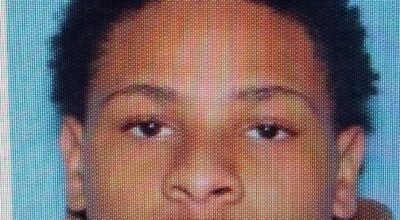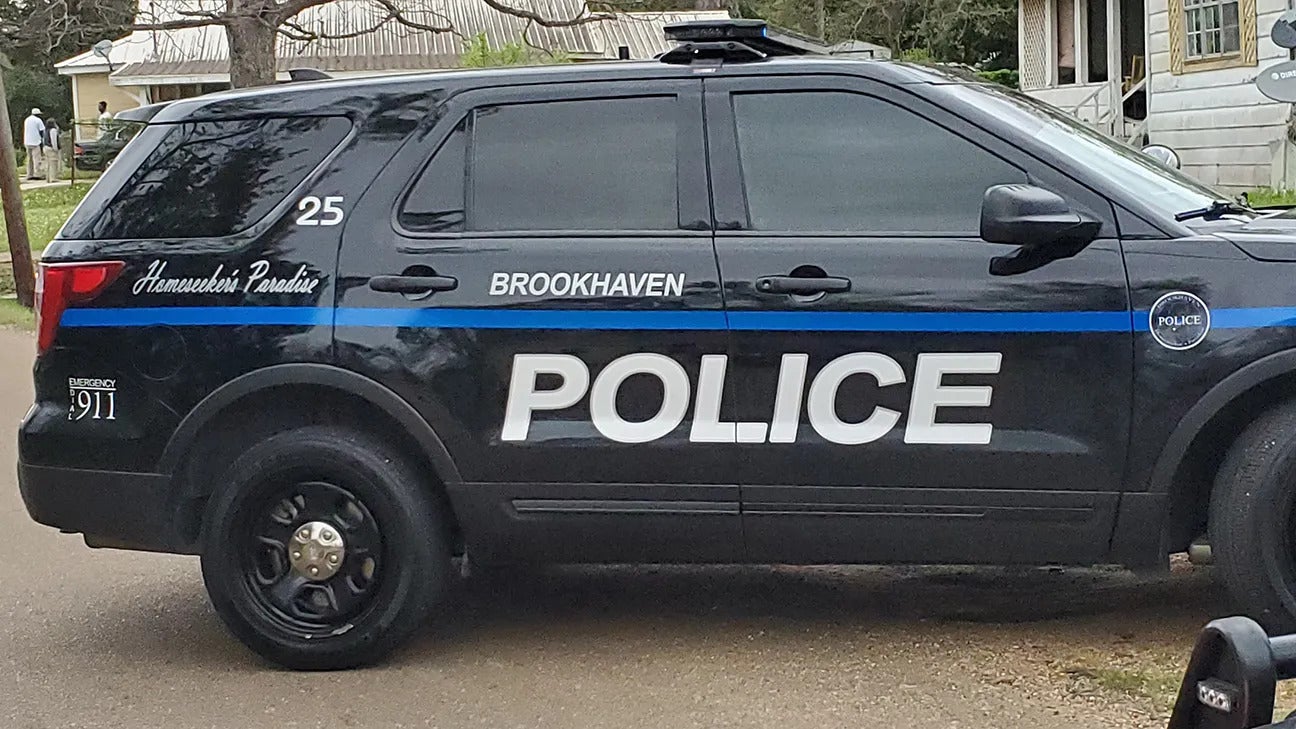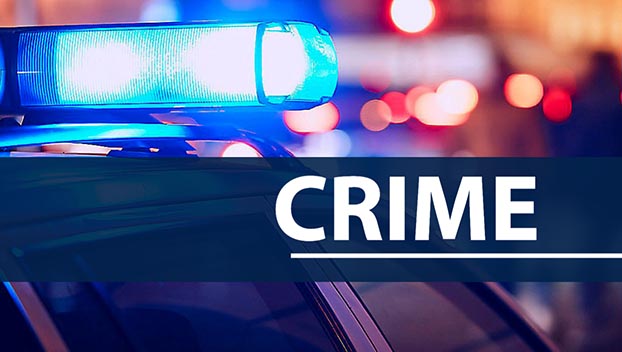Avoid post-hurricane cleanup, charity scams
Published 8:32 am Thursday, September 2, 2021
Hurricanes and other natural disasters bring out the worst in some individuals — including the opportunity to take advantage of people.
Whether it is homeowners cleaning away debris, assessing and repairing damage, or kind-hearted people looking for ways to help others, people can be taken advantage of in the aftermath of storms like Hurricane Ida.
AAA recommends consumers be cautious of any representatives that go door-to-door. If a homeowner chooses to work with an independent business, they should:
- Speak to their insurance adjuster to get a damage estimate before making repairs.
- Check with the Better Business Bureau for any complaints about the company.
- Get the company representative’s license plate number.
- Never pay in full for repairs up front.
- Get an agreement in writing.
Scammers also use phone calls, texts, email and mail to commit fraud.
Officials with government disaster assistance agencies do not call or text asking for financial account information, according to the Federal Communications Commission. There is never a fee to apply for or receive disaster assistance from FEMA or the Small Business Administration. Anyone who claims to be a federal official and asks for money is an imposter.
Phone scams often use spoofing techniques, so the called ID display on phones displays something other than the accurate information. If someone calls claiming to be a government official, hang up and call the number listed on that government agency’s official website. Never reveal personal information unless you have confirmed you are dealing with a legitimate official.
Workers and agents who knock on doors of residences are required to carry official identification and show it upon request, and they are not permitted to ask for or accept money.
If contacted by someone claiming to be with your insurance company, verify through your personal agent or the number on your policy. Never give personal information — including date of birth, policy numbers, coverage details or social security numbers — to any company with whom you have not previously entered into a contract.
For individuals who want to donate to disaster relief charities, there are several steps that can be taken to protect themselves from fraud:
- Donate to trusted, well-known charities — Beware of scammers who create fake charities during natural disasters. Always verify a charity’s legitimacy through its official website. If there is doubt, information can be obtained from the Better Business Bureau’s Wise Giving Alliance at GIVE.org.
- Verify all phone numbers — Check the charity’s official website to make sure you have accurate information.
- Do not open suspicious emails — If you receive a suspicious email requesting donations or other assistance, never click on any links or open any attachments. Scammers regularly use email for phishing attacks and to spread malware.
- Very information shared in social media posts — Even well-meaning people can share something thinking it is legitimate when it is not. Double-check any solicitation for charitable donations before giving.
To support suspected fraud, contact the FCC at https://consumercomplaints.fcc.gov/; the Federal Trade Commission at https://reportfraud.ftc.gov/; or FEMA at 866-720-5721. To report suspected fraud by local individuals, contact the Brookhaven Police Department at 601-833-2424 or the Lincoln County Sheriff’s Office at 601-833-5231.





